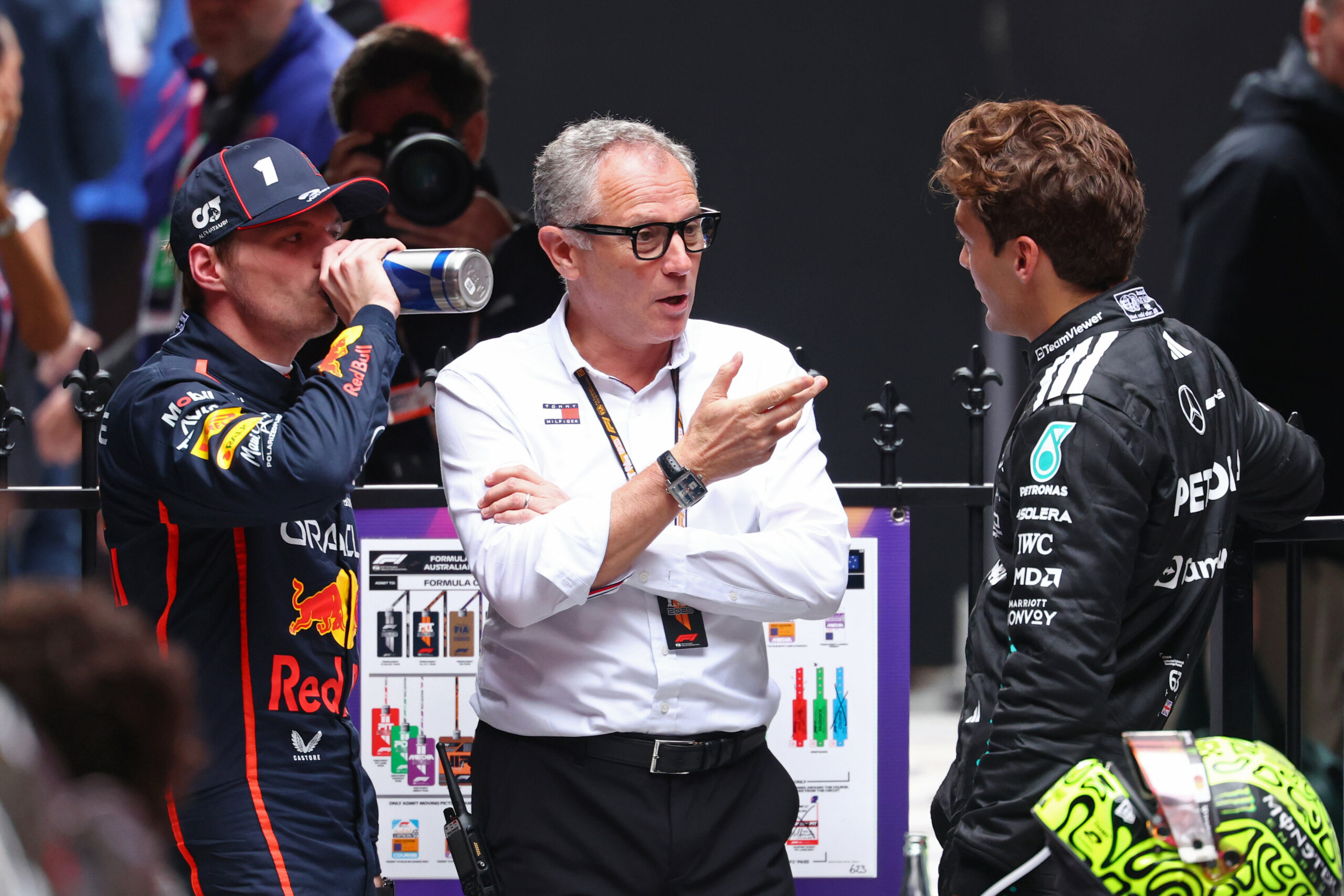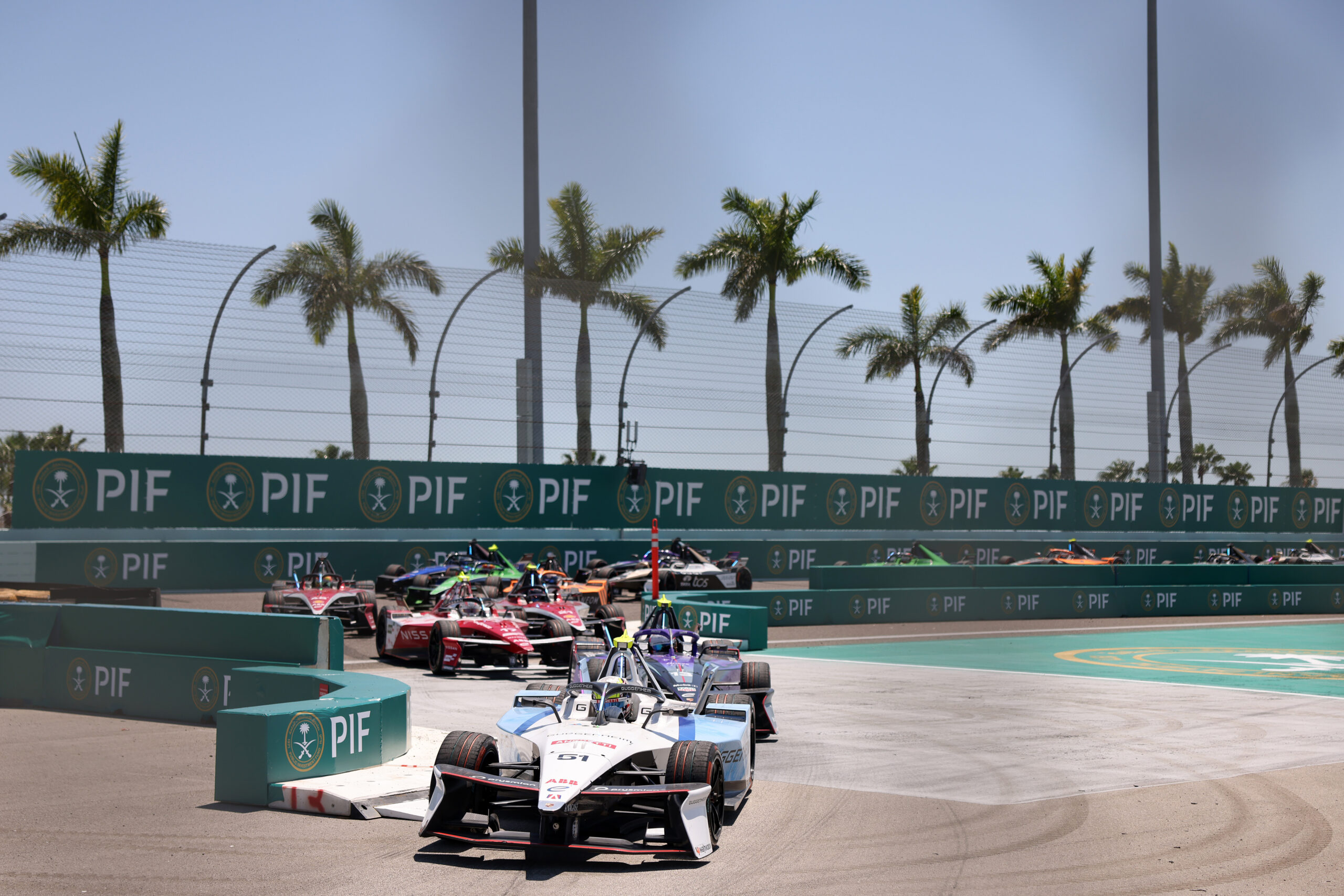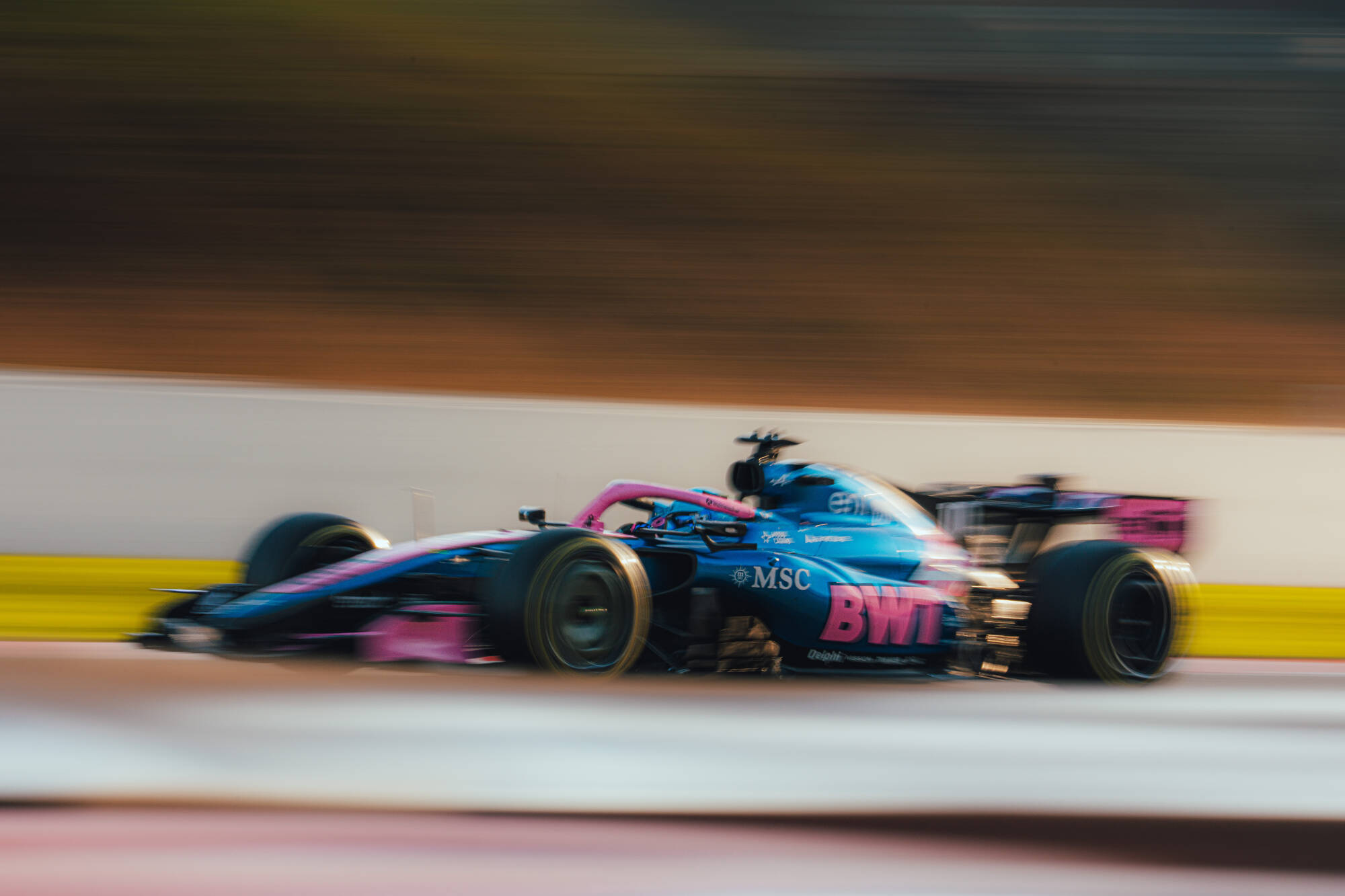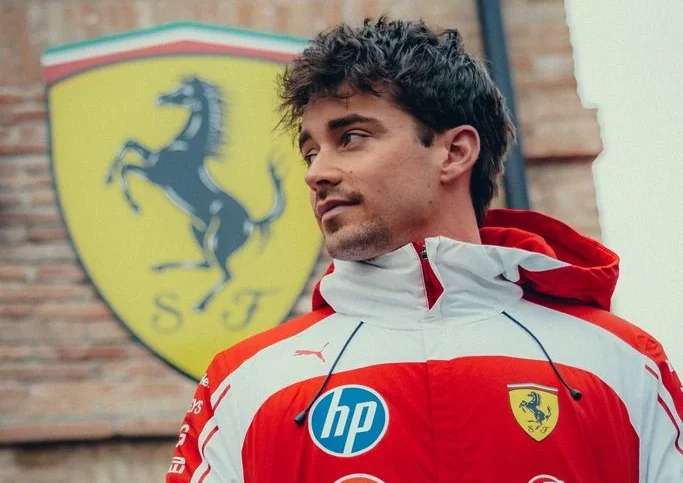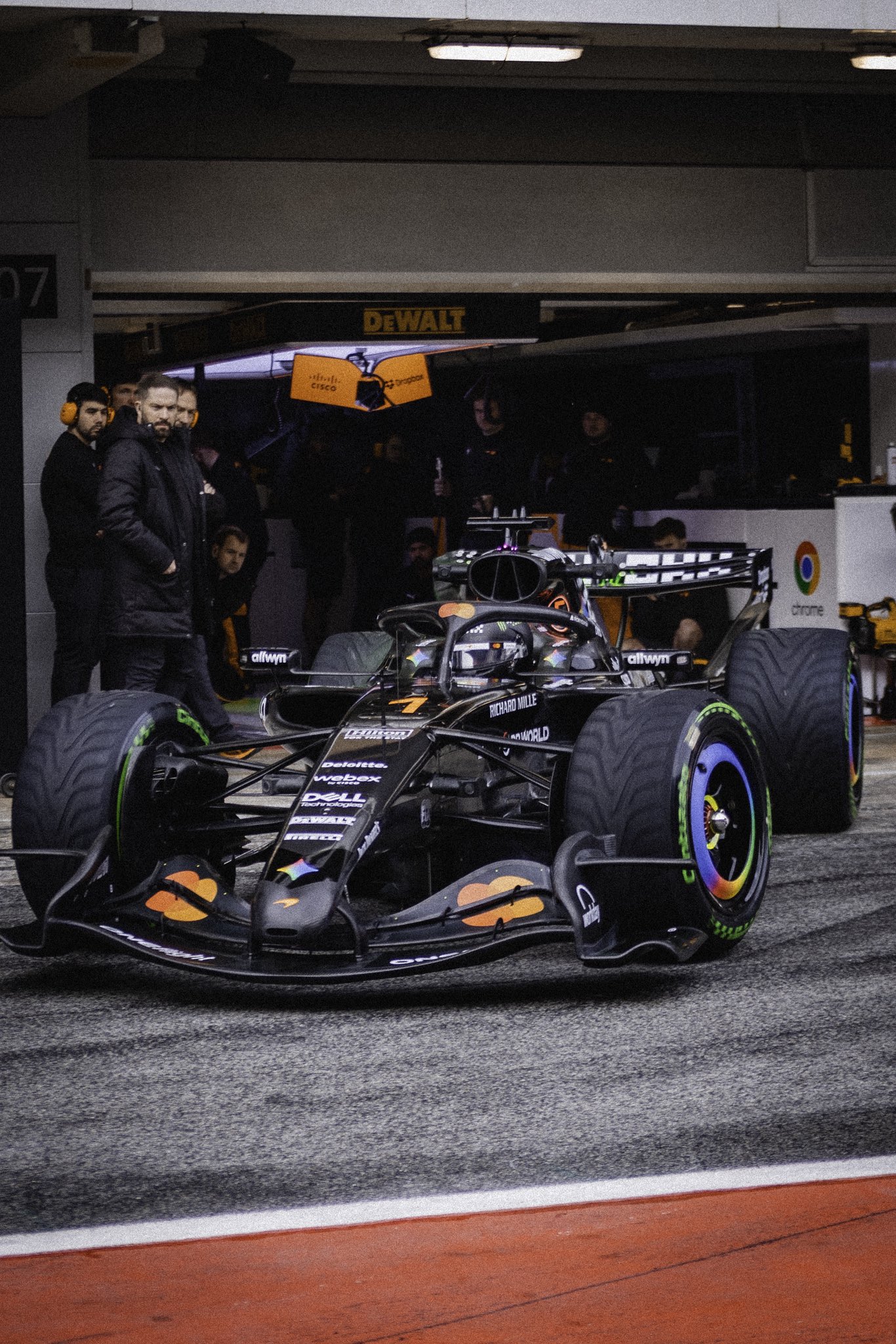F1 CEO Stefano Domenicali‘s recent comments about younger fans preferring shorter races have sparked a debate amongst the F1 fraternity. Ahead of the Italian GP, drivers have weighed in on Domenicali’s statement revealing a divide between tradition and evolution in Grand Prix racing.
The discussion emerged during the Italian GP when Domenicali said that they have noted the popularity of race highlights among younger fans, and recognized the evolving attention spans in the digital age.
This statement triggered backlash. However, the F1 boss later clarified his position, stating:
“I never said we need to cut the distance of the race. What I’m saying is that the span of attention of the people today is very short, so we need to be attractive. We need to understand if the format of racing is the right one or not. It could be longer or shorter. Every idea has to be considered.”
Alonso champions traditional format
Two-time world champion Fernando Alonso defended the current race format, drawing an interesting parallel with football to illustrate his point. When questioned, ahead of the Italian GP, about potential changes, the Aston Martin driver said:
“I don’t think it’s a problem with the sport. So probably it’s not needed to change, but Stefano knows better than anyone. So if he thinks that it’s needed, we are in good hands with him in this kind of decision.
“But I don’t know. Also, football matches are a little bit long… and no one is talking about having 60-minute football matches or something like that. So it’s a problem of society and the kids, but not the sport.”
The two-time champ also highlighted what could be lost with shorter races, particularly regarding strategic opportunities:
“If it’s too short, like in some of the Sprint races, if you start with a bad qualifying or whatever, there is not time to execute anything. It’s difficult to follow — all the cars have the same tyre age, there’s no possibility to recover places.”
Alonso suggested an alternative solution that runs counter to current F1 direction:
“Probably refuelling would be the best thing — I’ve said many times. I know this is totally the opposite direction of how it’s going. But when you can choose your fuel load and have different strategies, that changes completely the way the race unfolds.”
Russell embraces evolution
George Russell presented a contrasting viewpoint, showing openness to format changes whilst acknowledging the sport’s need to evolve. The Briton admitted:
“I do feel we have to evolve because the sport is changing and I’m very open to new ideas and I feel that you always have to give it a chance before you dismiss anything. I was never a major fan of sprint races. Now I actually prefer them over usual Grands Prix and it makes every on-track activity much more meaningful.”
He highlighted the gap in race durations, noting that Monza lasts about an hour and fifteen minutes while Singapore can run close to two hours.
The Mercedes driver expressed trust in leadership whilst maintaining an open mind:
“I do trust in Stefano and the team and I’m very much open to new ideas and I always want to give it the benefit of the doubt.”
Verstappen: “I am more of a traditional guy”
Reigning champion Max Verstappen has often had a traditional stance in such aspects and aligned himself firmly with the traditionalist camp. When asked if he was in favour of format changes, he said:
“No, I don’t… I mean, you all know of course how I think about sprint races.”
The Dutchman stressed unpredictability is a core part of any sport, “In other sports as well, sometimes you have an exciting game, sometimes absolutely boring and you fall asleep.
“That’s sport for you. You cannot always make it exciting, because if it’s always exciting, it becomes boring too, because then you know that a lot of changes are happening.”
Clarifying where his loyalties lie, he said: “From my side, I’m probably more of a traditional guy. I think it’s more important that all the teams are closer, because then you get more racing anyway.”
With F1 set for a rules reset in 2026, the debate over shorter races and more sprints is far from over. The recent Italian GP, the fastest in history at just one hour and 13 minutes, showed that race length alone does not guarantee excitement. The question now is how the sport will evolve and whether driver input will shape those decisions.

